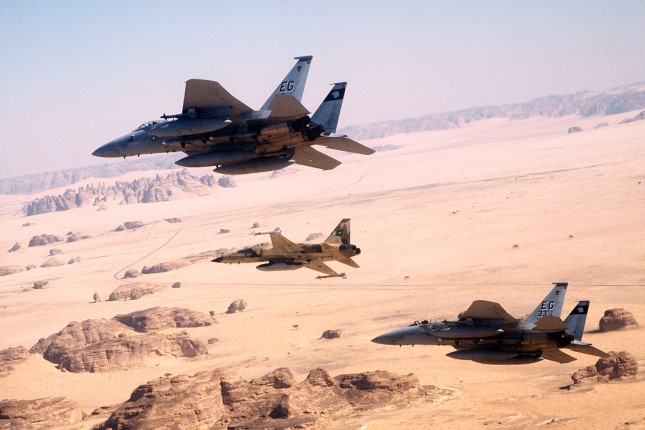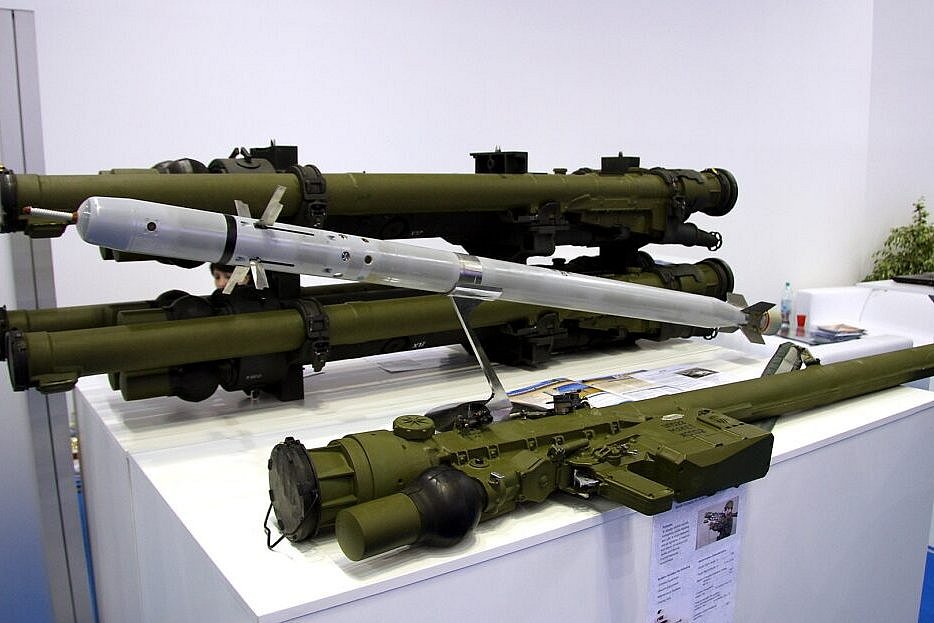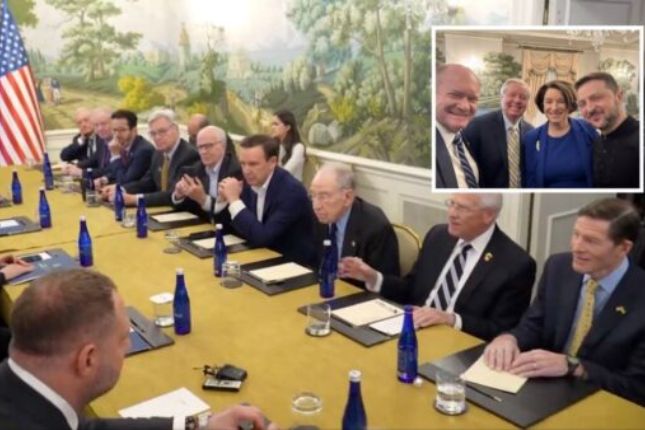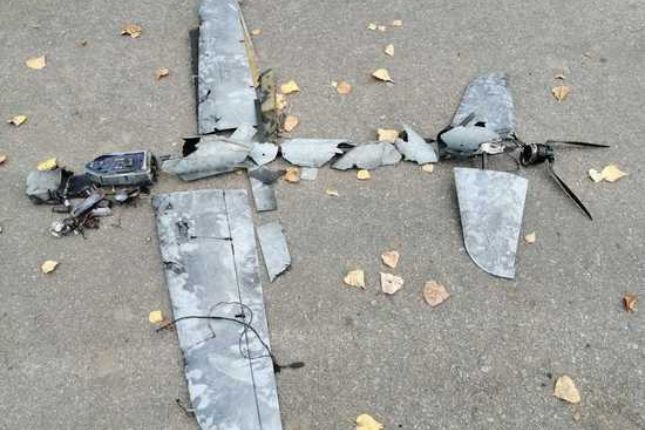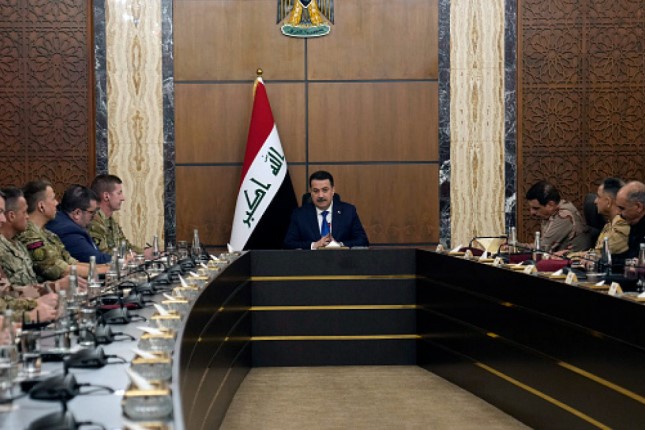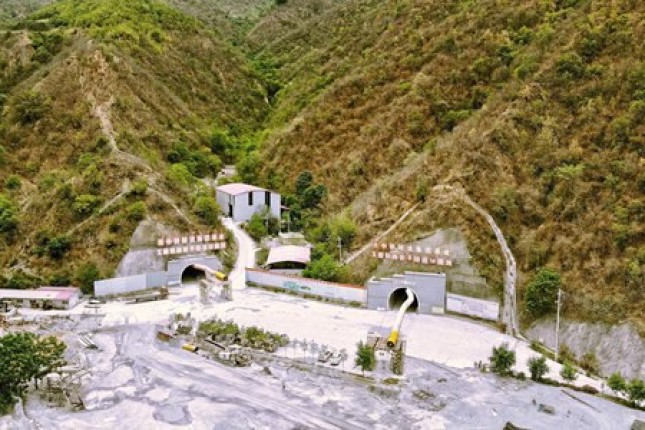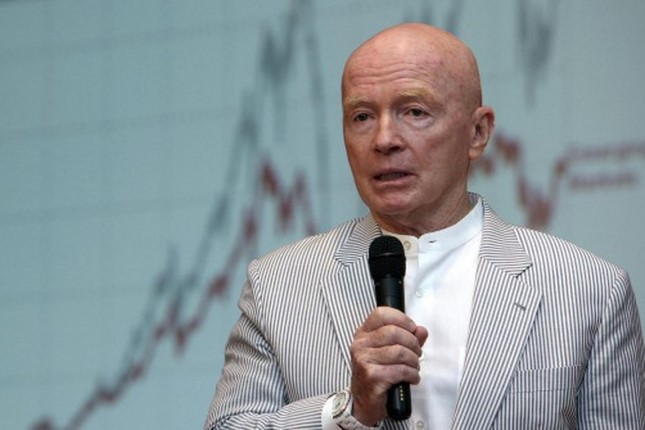Joe Biden's stated intention to revive the Joint Comprehensive Plan of Action (JCPOA) risks supplementing the growing list of the US president's broken campaign promises as there are no tangible signs that the nuclear deal could, in fact, be resurrected. According to assessments made by the European facilitators of this process, indirect discussions held between Washington and Tehran in Vienna are nearing an impasse. The negotiating parties have so far failed to reach a mutually acceptable compromise on a number of terms of an agreement to restart the deal, including some guarantees from the US that it will refrain from imposing any restrictions on foreign businesses in the event Washington decides to pull out of the JCPOA again.
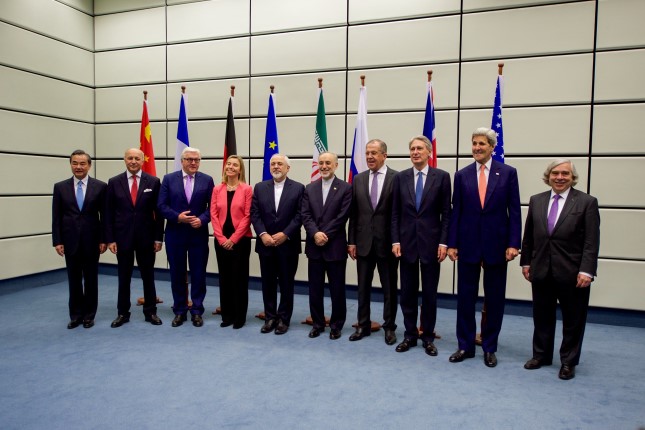
The Joint Comprehensive Plan of Action is a political agreement between Iran and a group of several other states with regard to Iran's nuclear program. This group consists of Russia, China, the UK, France, and Germany. In 2018, US President Donald Trump withdrew the US from the agreement. Pictured: Foreign ministers of the countries that are parties to the agreement, prior to its signing, July 14, 2015, Vienna, Austria.
In the meantime, the US administration is growing increasingly frustrated with the way the talks are progressing, and it is stepping up its anti-Iranian rhetoric. This was amply evidenced by a recent speech by Robert Malley, the US special envoy for Iran, at a meeting at the Carnegie Foundation. Malley made it clear that Biden's team is not too keen on wasting time claiming that Iran had been deliberately slowing the negotiations down by putting forward various new demands.
According to Biden's envoy, the White House is exploring a whole slew of various options for its course of action should the JCPOA dialogue fall through. These options include ratcheting up the pressure on Iran even further by taking additional economic and politico-military measures against the Islamic republic.
The United States could try to forge a Middle Eastern strategic alliance of countries loyal to the US to use it as one of its principal tools to contain Iran. The groundwork for rallying key regional players under a US "umbrella" was laid earlier by Biden's predecessors. It was Donald Trump's administration that advanced the idea of building such a strategic alliance in the region, something akin to a NATO of the Middle East.
That said, the Republicans' most important achievement in that respect is, arguably, the launch of the process of normalizing the relations between the region's Arab countries and Israel. This is where Washington played the role of a principal mediator in building bridges between the regional powers while simultaneously acting as the architect of the "Abraham accords" that were ultimately joined by Israel, the UAE, Bahrain, Morocco, and Sudan.
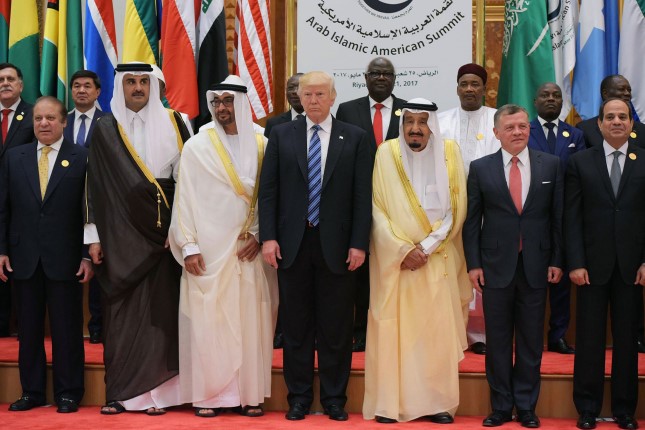
The Biden administration picked up where the conservatives left off continuing to prod the Arabs to build wide-ranging contacts with Israel. The Democrats have emphasized that the advancement of the Arab-Israel normalization is one of Donald Trump's very few foreign policy initiatives that does not give the current US leadership heartburn.
Washington has been particularly keen on forging close military ties between the Middle Eastern states with the aim of standing up to Iran. In coordination with Israel, the White House continues to exploit Arab countries' fear of Iran while trying to impress upon them the need for taking coordinated efforts to counter the disruptive influence of the "ayatollah regime" in turbulent parts of the region, including Iraq, Yemen, Syria, and Lebanon.
This US involvement with the Middle Eastern countries seeks to create various mechanisms of military cooperation at sea and on land. According to the US national security strategy released in October, the US intends to continue pursuing efforts to establish region-wide air and missile defence systems and to enforce freedom of navigation in the straits of Bab el-Mandeb and the Strait of Hormuz.
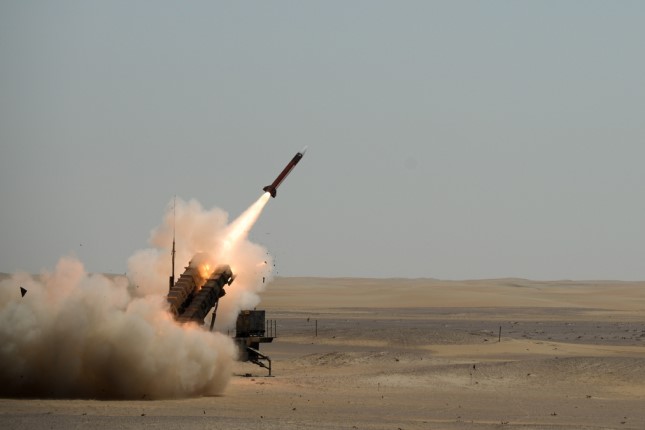
The political and military leadership in the US purports that Washington's ultimate goal is to create a new security architecture in the region. That said, this proposed US initiative, in contrast to Russia's proposed concept of security in the Persian Gulf, is openly adversarial in its nature. What is hiding behind the pretty slogans of supposedly peace-seeking intentions is a thinly veiled attempt by the White House to reinforce divisive lines in the Middle East, and to impose on its partners a mindset and a frame of reference that is based on the "friend-vs.-foe" juxtaposition.
Beyond Iran, the White House strategists view Russia and China as their main targets. Whereas in the case of Tehran, they are mainly concerned with containing Iran militarily, when it comes to Moscow and Beijing, Washington appears adamant in its resolve to prevent Russia's and China's influence in the Middle East from growing.
It seems that the US administration hopes that by building a regional alliance loyal to the United States, it will be able to keep both Arabs and Israelis from intensifying their trade and investment cooperation with Russia and China, whom America views as its geopolitical foes, while also helping strengthen the American businesses' foothold in the promising Middle Eastern market.
